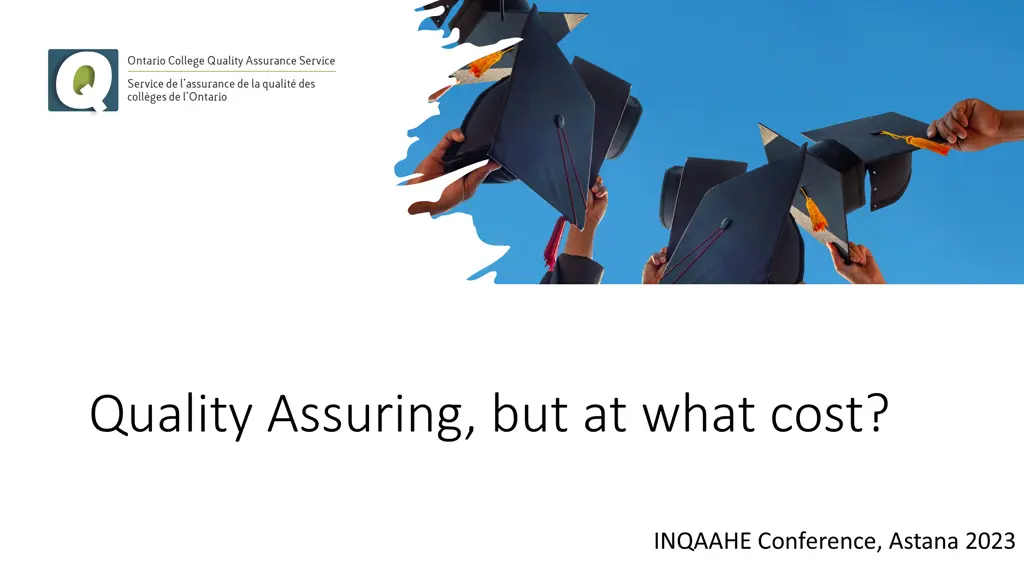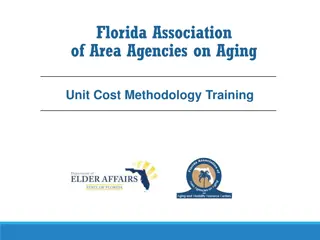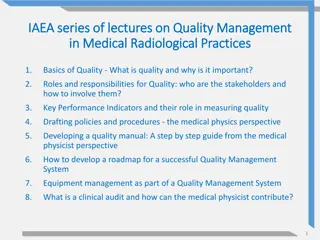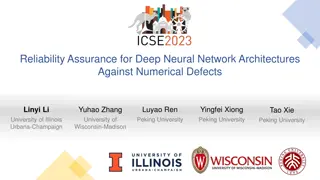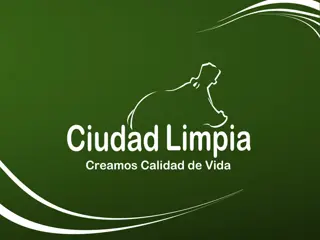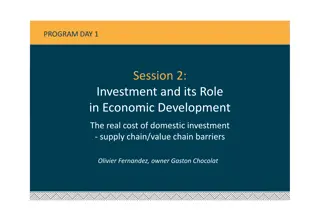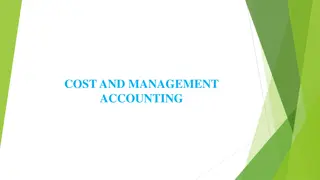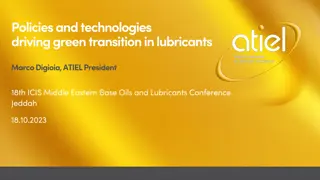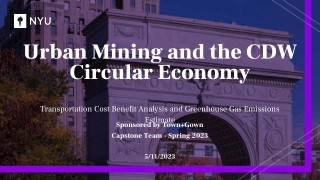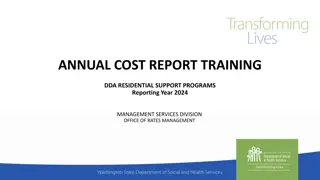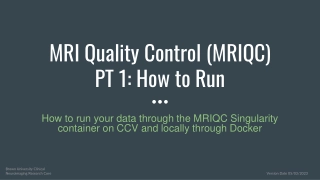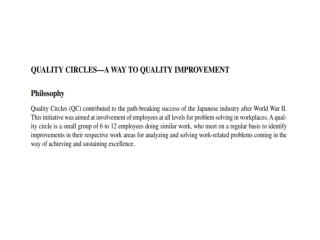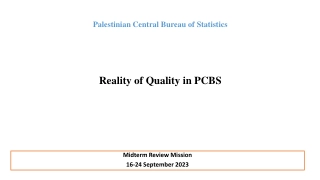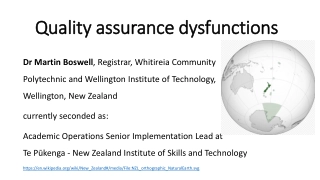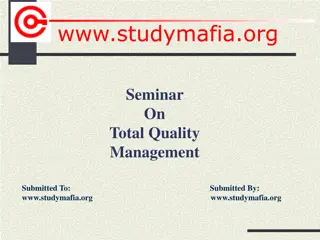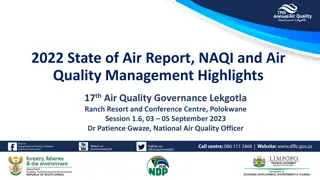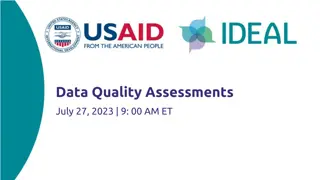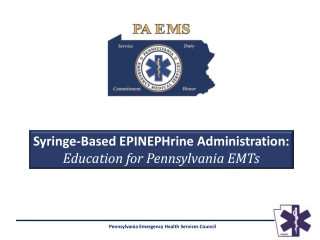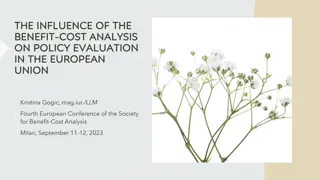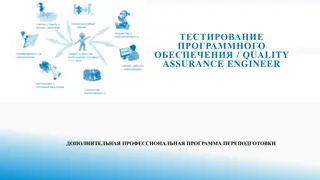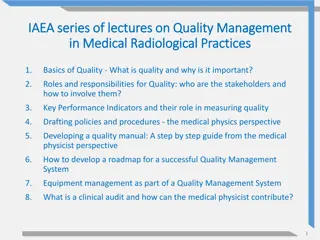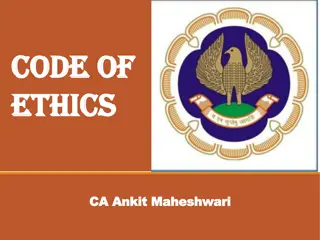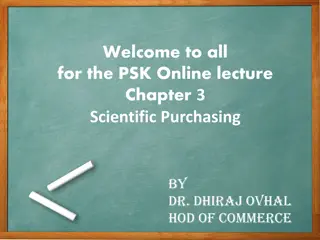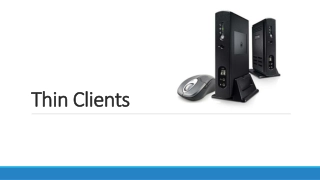Quality Assuring, but at what cost?
The INQAAHE Conference in Astana 2023 to discuss the cost of quality assurance in education and its impact on institutions. Explore innovative solutions and strategies to ensure quality while managing limited resources.
Download Presentation
Please find below an Image/Link to download the presentation.
The content on the website is provided AS IS for your information and personal use only. It may not be sold, licensed, or shared on other websites without obtaining consent from the author. Download presentation by click this link. If you encounter any issues during the download, it is possible that the publisher has removed the file from their server.
Presentation Transcript
Quality Assuring, but at what cost? INQAAHE Conference, Astana 2023
Ontario College Quality Assurance Service (OCQAS) is an organization that serves a small number of post- secondary institutions (24 public colleges in Ontario). The OCQAS is responsible for ensuring quality at both the program level through the Credential Validation Service (CVS) as well as at the institutional level through the College Quality Assurance Audit Process (CQAAP).
We are living in a time where governments have less resources, where the economy is close to a collapse, and the educational institutions, especially public ones, are seeing their budgets strained. Colleges bare their soul to an external review that includes an auditor panel site visit, organized by the QA agencies and yet, at the end of the day, it remains unclear if colleges adopt a culture of quality or if colleges work to succeed an audit.
In some countries, only private institutions can apply for accreditation, because the process is costly. This practice puts in jeopardy the principles of equity, diversity, and inclusion that as a society, we are fighting so hard to defend and uphold. As agencies offering and managing quality assurance processes in a country, system, or community, what is our role? Shouldn t we aim to ensure that all programs are of the utmost quality and that they provide the intended outcomes for all students?
In our jurisdiction, only Public Institutions go through/have access to Quality Assurance processes. The Ministry only funds Quality assured programs. The decision of which credentials and from which institutions are quality assured, is written in legislation and Ministry directives.
Changes to funding can greatly impact colleges, especially those located in remote and rural areas and thus, for the first time since the implementation of the academic audits in Ontario, the conversations of leaders that are committed to quality, have turned to worry.
Other than an annual fee, there are no extra charges made against the colleges for the validation of programs or for the academic (institutional) audits. The colleges are responsible for the costs of program development and preparing for the audit.
OCQAS takes important measures to train auditors to see past the size of an institution. Auditors are trained to provide equitable decisions, and not to expect equal processes from one institution to the next. However, during these tougher times, smaller institutions fear that they will not be able to adequately support the process with the human and financial resources that are required to prepare the materials for the audit.
Discussion Questions What is the cost of going through an audit (human, financial, other)?
Discussion Questions When and should an institution s or many institutions challenges (financial, time, human resources) influence an external quality assurance agency s approach? Shouldn t quality assurance be for the people and about the people?
Discussion Questions In terms of values, how are equity, diversity and inclusion influencing the processes of external quality assurance agencies and the institutions we serve? Should they?
In Closing This has been a year full of discussion, consultation, learnings and opportunities. We are working hard at finding ways to review and question everything we do, always looking for a way to streamline our processes, without compromising credibility and quality.
Thank you Karen Belfer belfer@ocqas.org Sylvie Mainville mainville@ocqas.org
